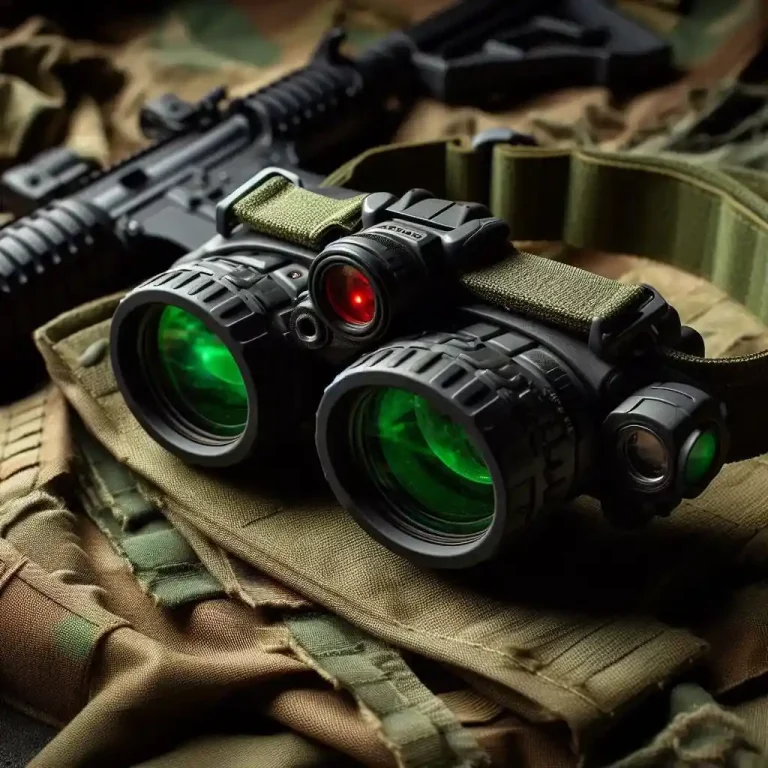The Ultimate Guide to Non-Custodial Wallets: Control, Security, and Privacy

In the dynamic world of cryptocurrencies, securing digital assets has become a top priority for investors and enthusiasts alike. One of the most effective ways to ensure the safety and control of your digital funds is by using a non-custodial wallet. This guide delves into what non-custodial wallets are, their benefits, and some of the best options available to help you manage your cryptocurrencies securely and efficiently.
What is a Non-Custodial Wallet?
A non-custodial wallet is a type of cryptocurrency wallet that allows users to have full control over their private keys. Unlike custodial wallets, where a third party holds and manages the private keys on behalf of the user, non-custodial wallets ensure that users are solely responsible for the security and management of their funds. This means that only the wallet owner has access to their private keys, enhancing security and providing complete financial autonomy.
Benefits of Non-Custodial Wallets
1. Enhanced Security
One of the primary advantages of non-custodial wallets is enhanced security. By keeping control of private keys, users significantly reduce the risk of third-party breaches and hacks. Since the private keys are not stored on a centralized server, there is no single point of failure, making it harder for cybercriminals to gain access to funds.
2. Privacy
Non-custodial wallets offer greater privacy compared to custodial wallets. Users do not need to provide personal information to a third party, ensuring that their transactions remain private and anonymous. This level of privacy is particularly appealing to those who value discretion in their financial dealings.
3. Full Control
With a non-custodial wallet, users have complete control over their funds. They can make transactions without relying on intermediaries, providing them with greater financial autonomy. This control also extends to the ability to participate in decentralized finance (DeFi) platforms and services, which often require non-custodial wallets.
4. Access to DeFi
Non-custodial wallets are essential for accessing DeFi platforms and services. These wallets allow users to interact directly with smart contracts and decentralized applications (dApps), unlocking a wide range of financial opportunities such as lending, borrowing, trading, and yield farming.
Best Non-Custodial Wallets
1. MetaMask
MetaMask is one of the most popular non-custodial wallets, especially among DeFi enthusiasts. It is available as a browser extension and a mobile app, providing a seamless way to manage Ethereum-based assets and interact with dApps.
- Key Features:
- User-friendly interface
- Support for Ethereum and ERC-20 tokens
- Built-in exchange functionality
- Secure key storage and recovery options
- Integration with hardware wallets
- Why MetaMask? MetaMask’s ease of use and extensive support for DeFi applications make it a top choice for users looking to manage their Ethereum-based assets securely.
2. Trust Wallet
Trust Wallet is a versatile non-custodial wallet that supports a wide range of cryptocurrencies. It is a mobile-only wallet that offers a high level of security and user-friendly features.
- Key Features:
- Support for multiple blockchains (Ethereum, Binance Smart Chain, Bitcoin, and more)
- Built-in decentralized exchange (DEX) integration
- Staking options for various cryptocurrencies
- Secure key storage and backup
- NFT support
- Why Trust Wallet? Trust Wallet’s multi-chain support and integration with DeFi services make it an excellent choice for users who want a comprehensive non-custodial wallet solution.
3. Exodus
Exodus is a desktop and mobile wallet known for its intuitive design and extensive cryptocurrency support. It provides users with full control over their private keys and offers a seamless experience for managing digital assets.
- Key Features:
- Support for over 100 cryptocurrencies
- Built-in exchange functionality
- Portfolio tracking and performance metrics
- Secure key storage with backup options
- 24/7 customer support
- Why Exodus? Exodus’s user-friendly interface and extensive support for different cryptocurrencies make it an ideal choice for both beginners and experienced users.
4. Ledger Nano X
Ledger Nano X is a hardware wallet that provides the highest level of security for managing cryptocurrencies. As a non-custodial wallet, it ensures that users have full control over their private keys, stored in a secure hardware device.
- Key Features:
- Support for over 1,800 cryptocurrenciesBluetooth connectivity for mobile useSecure Element chip for enhanced securityIntegration with Ledger Live software for managing assets
- Backup and recovery options
- Why Ledger Nano X? Ledger Nano X is the go-to choice for users who prioritize security above all else. Its robust security features and wide range of supported cryptocurrencies make it a top-tier non-custodial wallet.
5. Atomic Wallet
Atomic Wallet is a decentralized wallet that supports a broad range of cryptocurrencies. It offers a high level of security and privacy, allowing users to manage their assets without relying on third parties.
- Key Features:
- Support for over 500 cryptocurrencies
- Built-in atomic swaps and exchange functionality
- Staking options for various assets
- Secure key storage with backup
- Cross-platform compatibility (desktop and mobile)
- Why Atomic Wallet? Atomic Wallet’s decentralized nature and extensive feature set make it a great option for users who want a secure and versatile non-custodial wallet.
How to Choose the Best Non-Custodial Wallet
When selecting a non-custodial wallet, consider the following factors:
- Security: Look for wallets with strong security features, such as encryption, multi-factor authentication, and secure key storage.
- Ease of Use: Choose a wallet with a user-friendly interface that makes it easy to manage your assets and perform transactions.
- Cryptocurrency Support: Ensure the wallet supports the cryptocurrencies you want to manage.
- Additional Features: Consider wallets with additional features such as staking, built-in exchanges, and DeFi integration.
- Reputation: Opt for wallets with a good reputation and positive user reviews to ensure reliability and trustworthiness.
Setting Up and Using a Non-Custodial Wallet
1. Download and Install
Start by downloading the wallet app or software from the official website or app store. Ensure you download from a trusted source to avoid malicious software.
2. Create a New Wallet
Follow the on-screen instructions to create a new wallet. This process usually involves generating a new private key or seed phrase.
3. Secure Your Private Key
Once your wallet is set up, it will generate a private key or seed phrase. Write this down and store it in a secure location. Do not share it with anyone, as it grants access to your funds.
4. Add Funds
Transfer cryptocurrencies to your new wallet by sending them from another wallet or exchange. Use the wallet’s receiving address to ensure the funds are sent correctly.
5. Explore Features
Take some time to explore the wallet’s features. Set up security options, such as biometric authentication or two-factor authentication, to enhance security.
6. Start Transacting
Use your non-custodial wallet to send and receive cryptocurrencies, interact with dApps, and manage your portfolio. Enjoy the security and control that comes with managing your private keys.
Conclusion
Non-custodial wallets offer the best solution for users who prioritize security, privacy, and control over their digital assets. By eliminating the need for third-party intermediaries, these wallets provide a more secure and autonomous way to manage cryptocurrencies. Among the many non-custodial wallets available, MetaMask, Trust Wallet, Exodus, Ledger Nano X, and Atomic Wallet stand out as top choices, each offering unique features and benefits to cater to different user needs.
As the cryptocurrency landscape continues to evolve, non-custodial wallets will play an increasingly important role in providing users with the tools they need to navigate the digital financial ecosystem securely and efficiently. Whether you’re a seasoned crypto enthusiast or a newcomer to the space, choosing the right non-custodial wallet is a crucial step towards achieving financial freedom and security.






